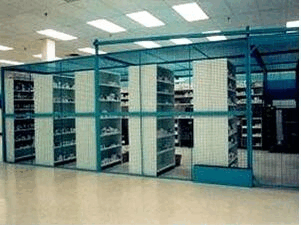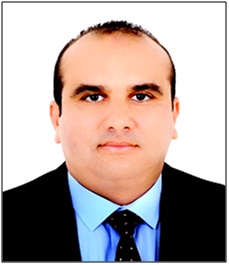IMPACT OF SAMPLE STORAGE CONDITIONS ON FORENSIC TOXICOLOGY ANALYSIS – A REVIEW
Keywords:
Forensic, preservation, sampleAbstract
In forensic toxicology, the preservation of matrices is a crucial stage in the analysis that affects the accuracy and reliability of the findings. To reduce interference and improve the findings’ interpretation, specimens should be maintained in the right environment. For analytical objectives in forensic toxicology, we aim to characterize the modalities of preservation of the distinct matrices for each incriminated toxin. A comprehensive literature search in both English and French languages was conducted using the keywords "forensic samples preservation" to find pertinent papers in the PubMed and ScienceDirect databases. The results were then carefully examined. The preservation method based on the biological matrix and the required harmful substances was the major focus of the investigation. This bibliographic research’s objective is to understand the sample preservation methods used in diverse studies as well as each method’s limitations in light of the biological matrix and xenobiotics being investigated. The mode and duration of conservation depend closely on the matrix and the toxins to be sought. Certain hazardous compounds' chemical stability in biological matrices is influenced by storage conditions compliance. Therefore, it is apparent that forensic scientists would benefit from knowledge of the sampling and storage procedures for substances suspected of posing a threat.

Peer Review History:
Received: 3 December 2022; Revised: 8 January; Accepted: 21 February 2023; Available online: 15 March 2023
Academic Editor: Dr. Marwa A. A. Fayed , University of Sadat City, Egypt, maafayed@gmail.com
, University of Sadat City, Egypt, maafayed@gmail.com
Reviewers:
 Dr. Sally A. El-Zahaby, Department of Pharmaceutics and Industrial Pharmacy, Faculty of Pharmacy, King Salman International University, Egypt, sally.elzahaby@yahoo.com
Dr. Sally A. El-Zahaby, Department of Pharmaceutics and Industrial Pharmacy, Faculty of Pharmacy, King Salman International University, Egypt, sally.elzahaby@yahoo.com
 Dr. Nuray Arı, Ankara University, Turkiye, ari@ankara.edu.tr
Dr. Nuray Arı, Ankara University, Turkiye, ari@ankara.edu.tr
 Dr. Bilge Ahsen KARA, Ankara Gazi Mustafa Kemal Hospital, Turkey, ahsndkyc@gmail.com
Dr. Bilge Ahsen KARA, Ankara Gazi Mustafa Kemal Hospital, Turkey, ahsndkyc@gmail.com
Downloads

Published
How to Cite
Issue
Section

This work is licensed under a Creative Commons Attribution-NonCommercial 4.0 International License.









 .
.